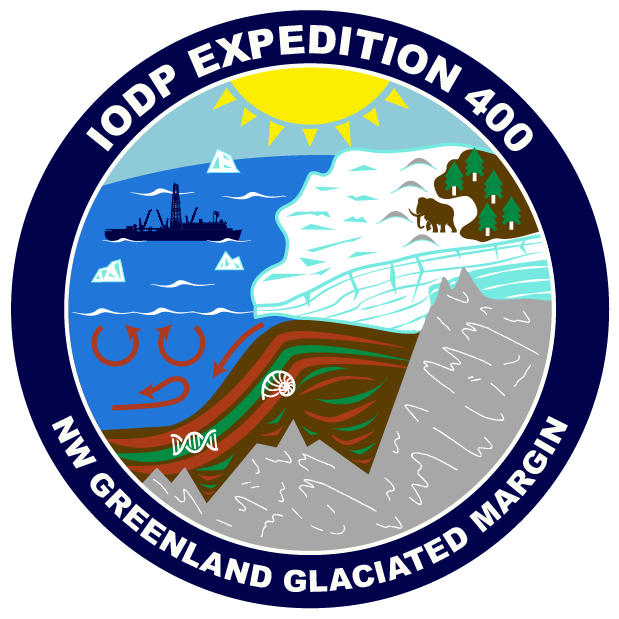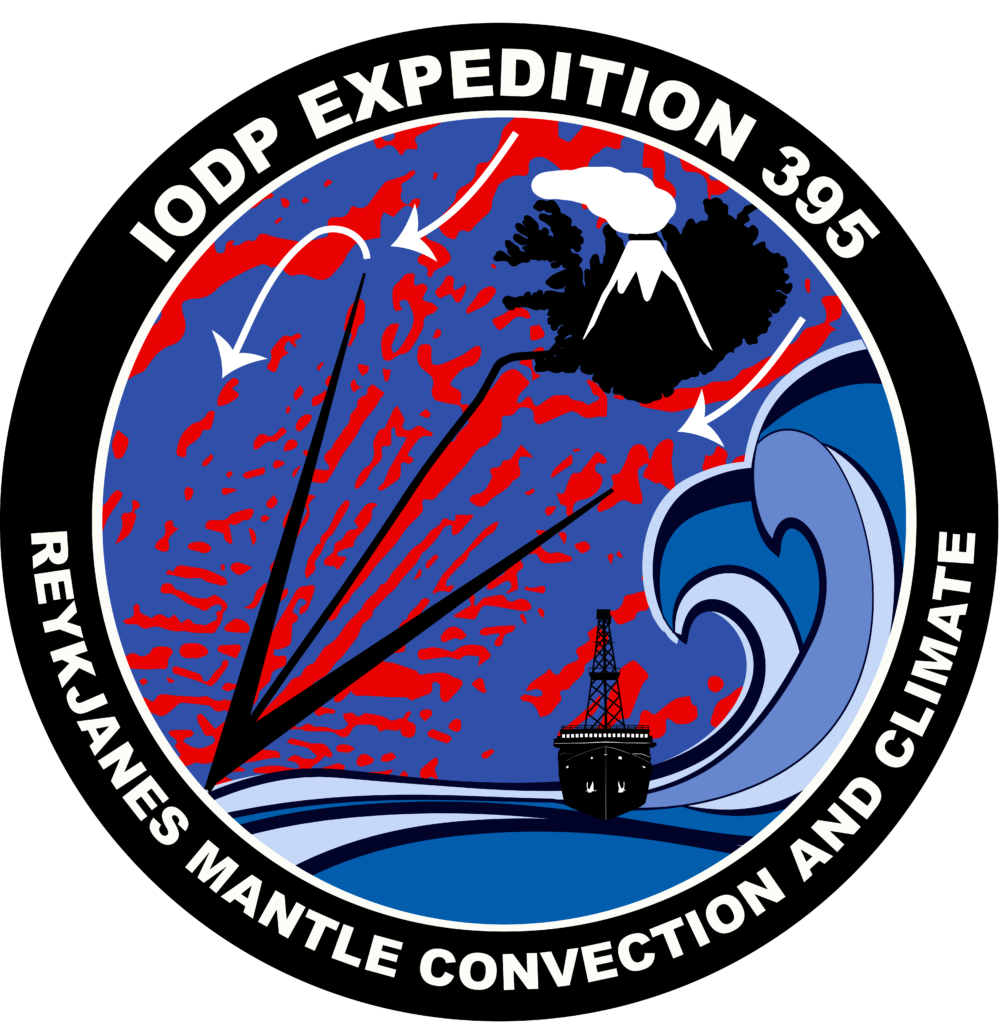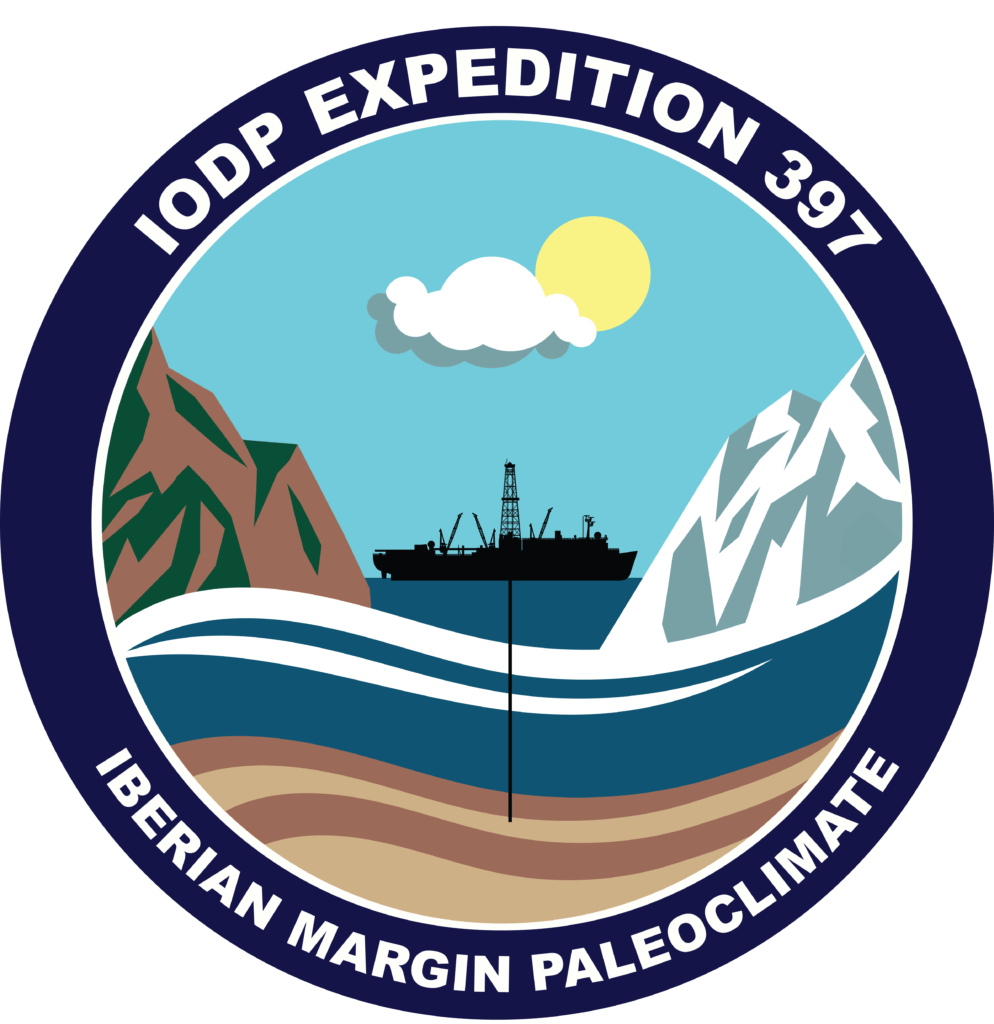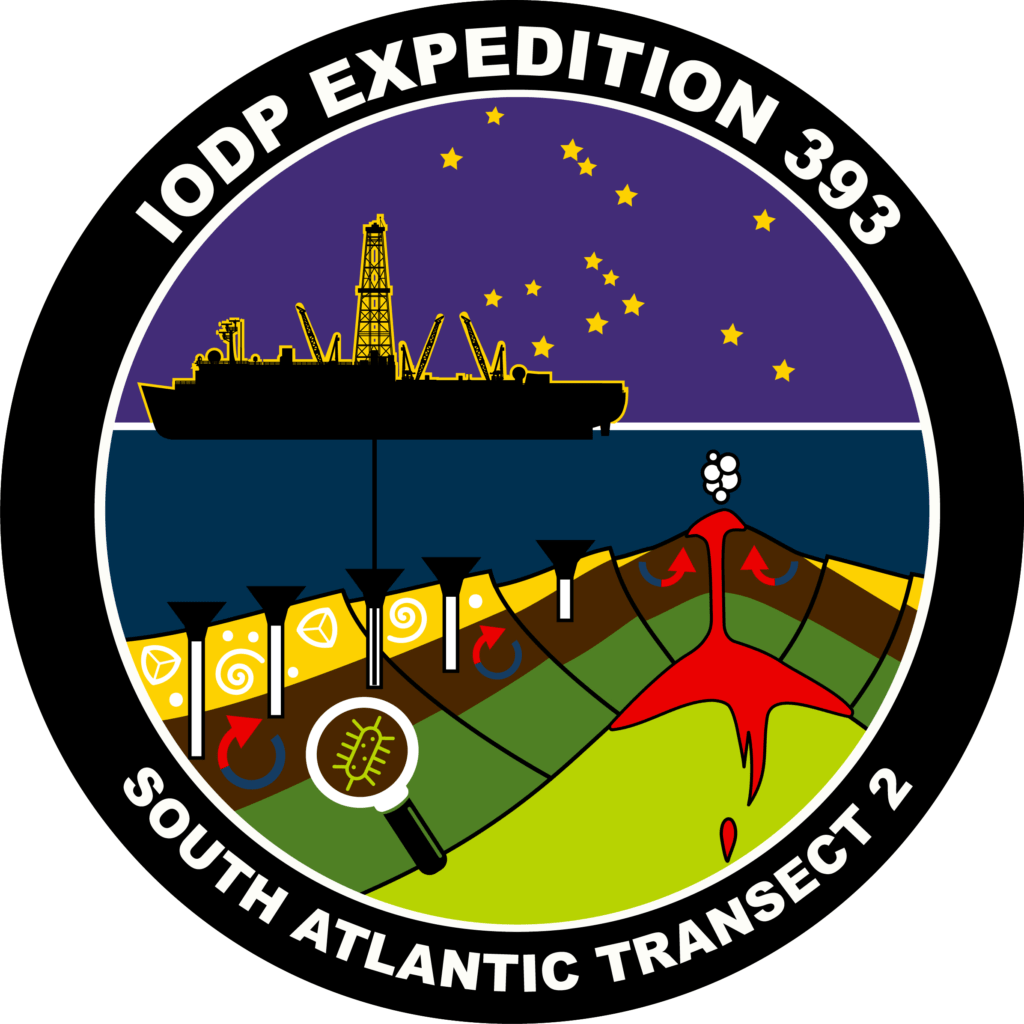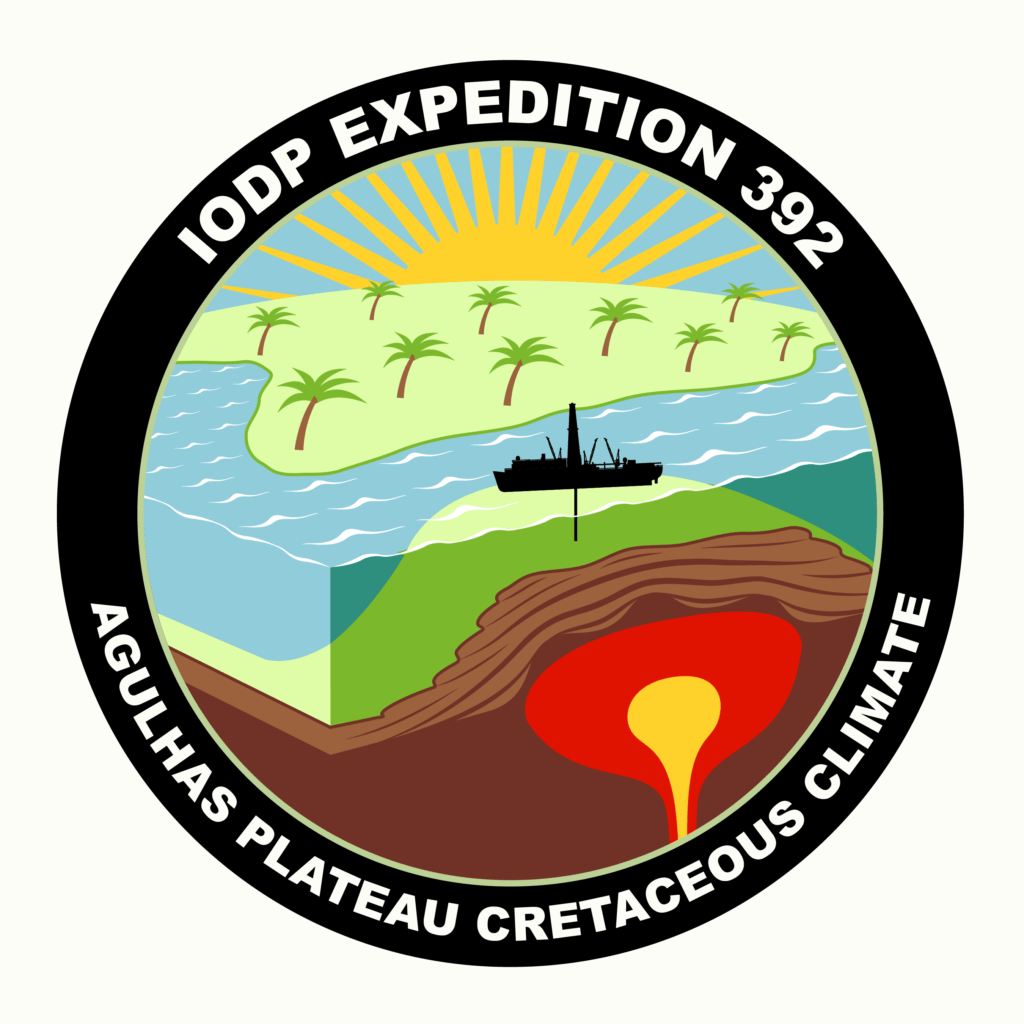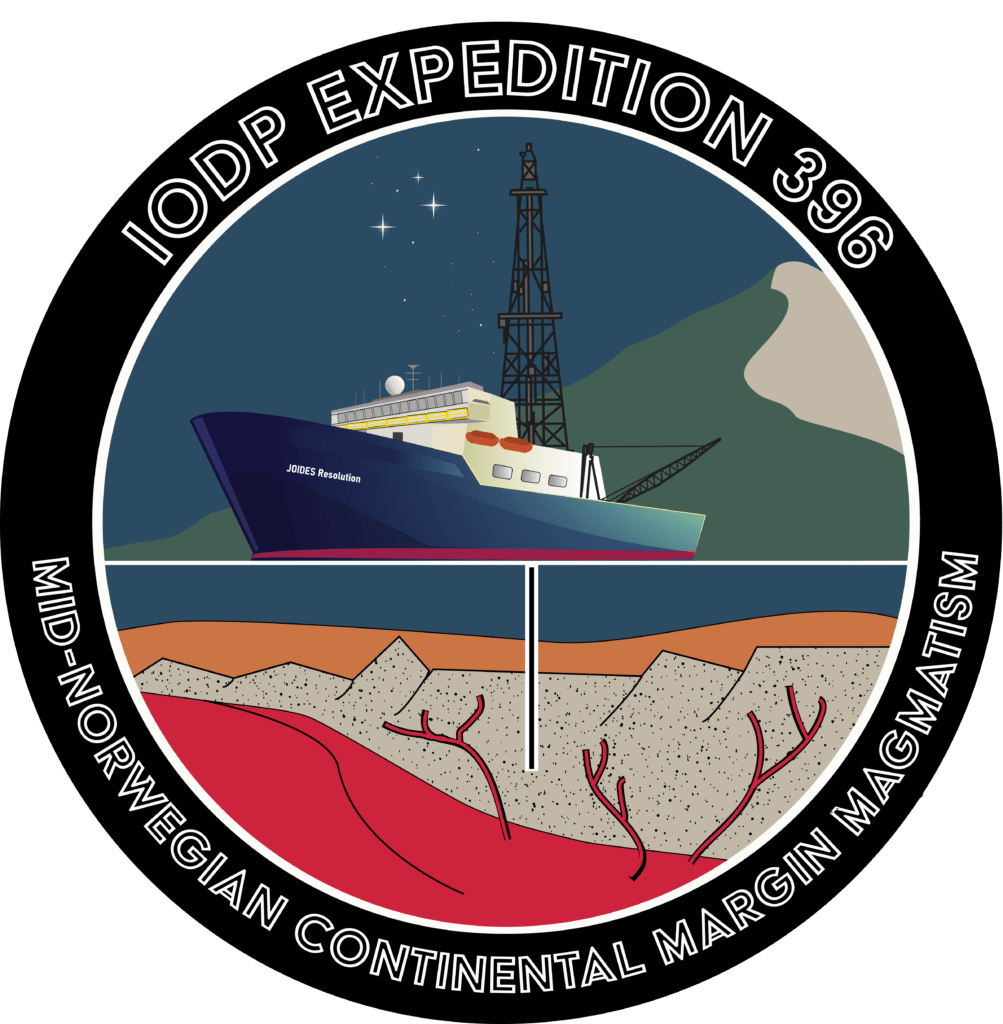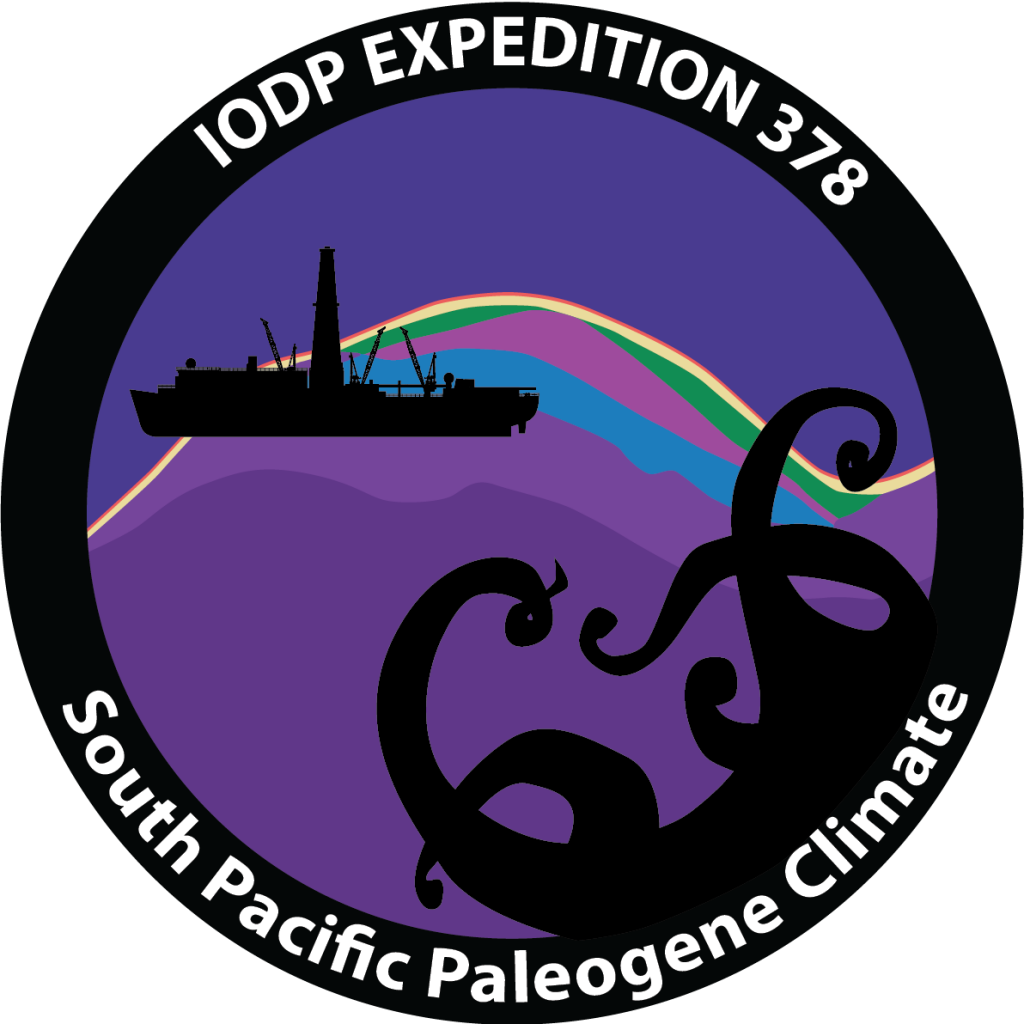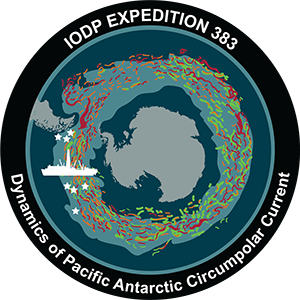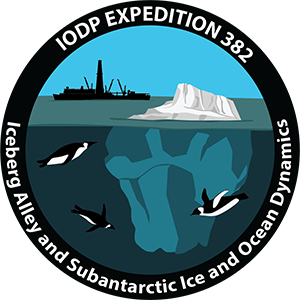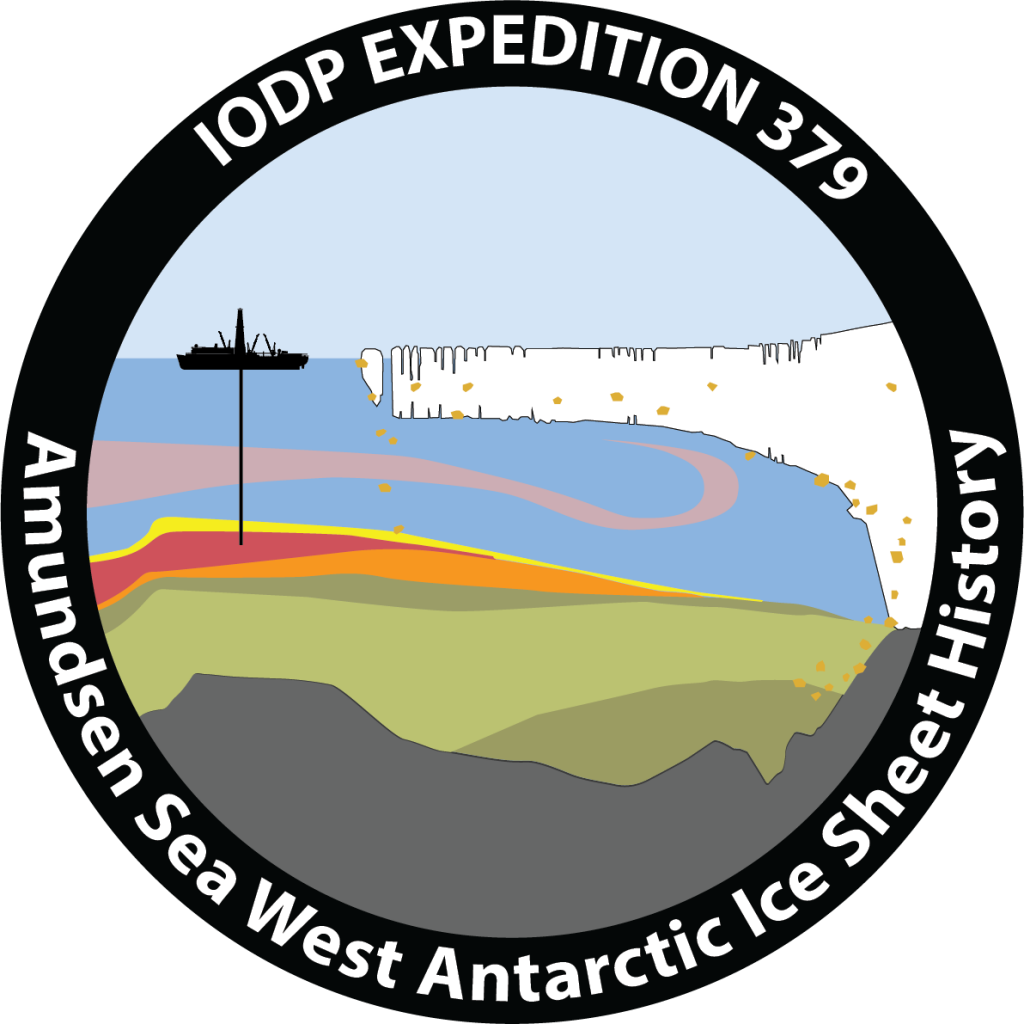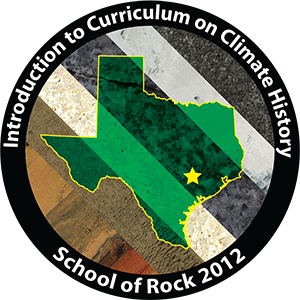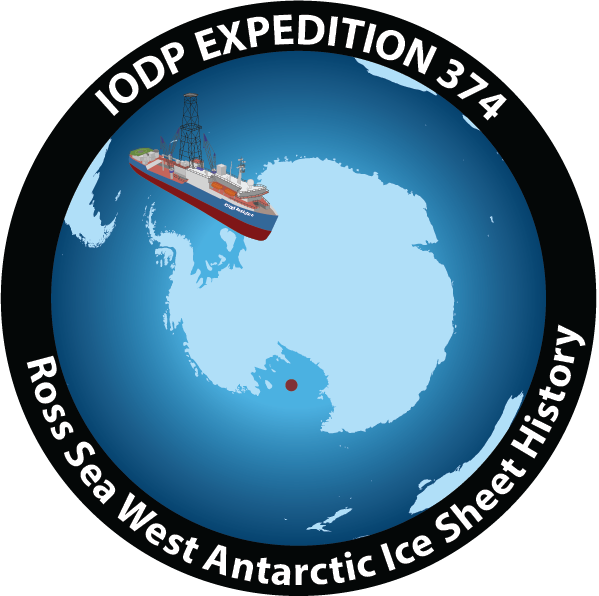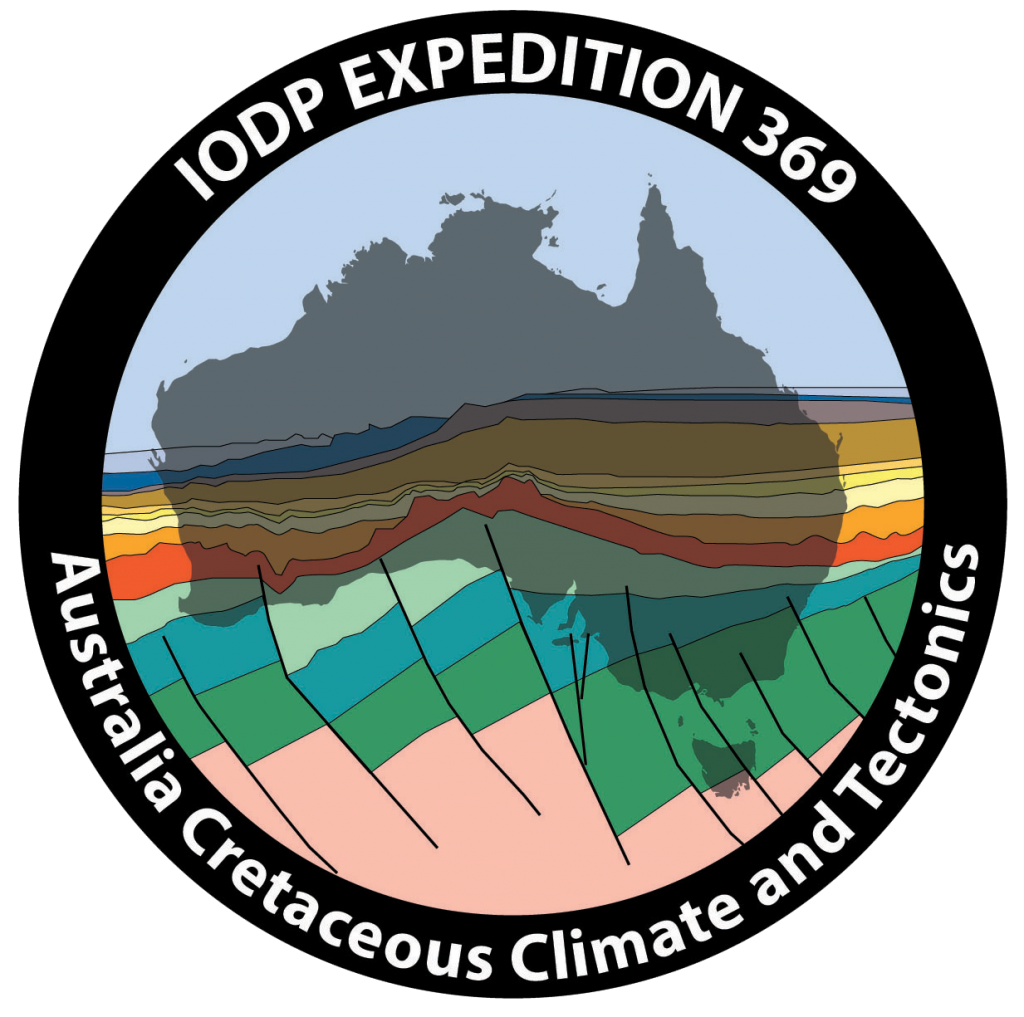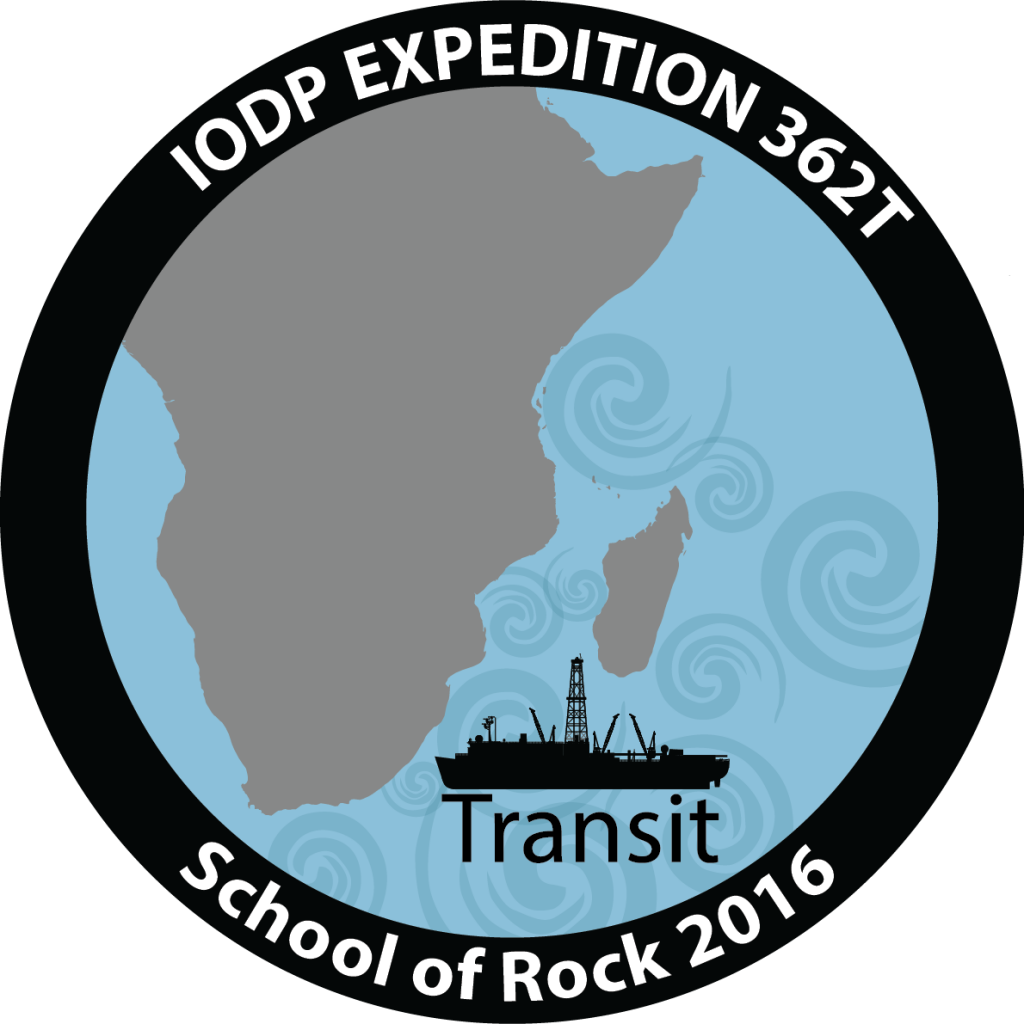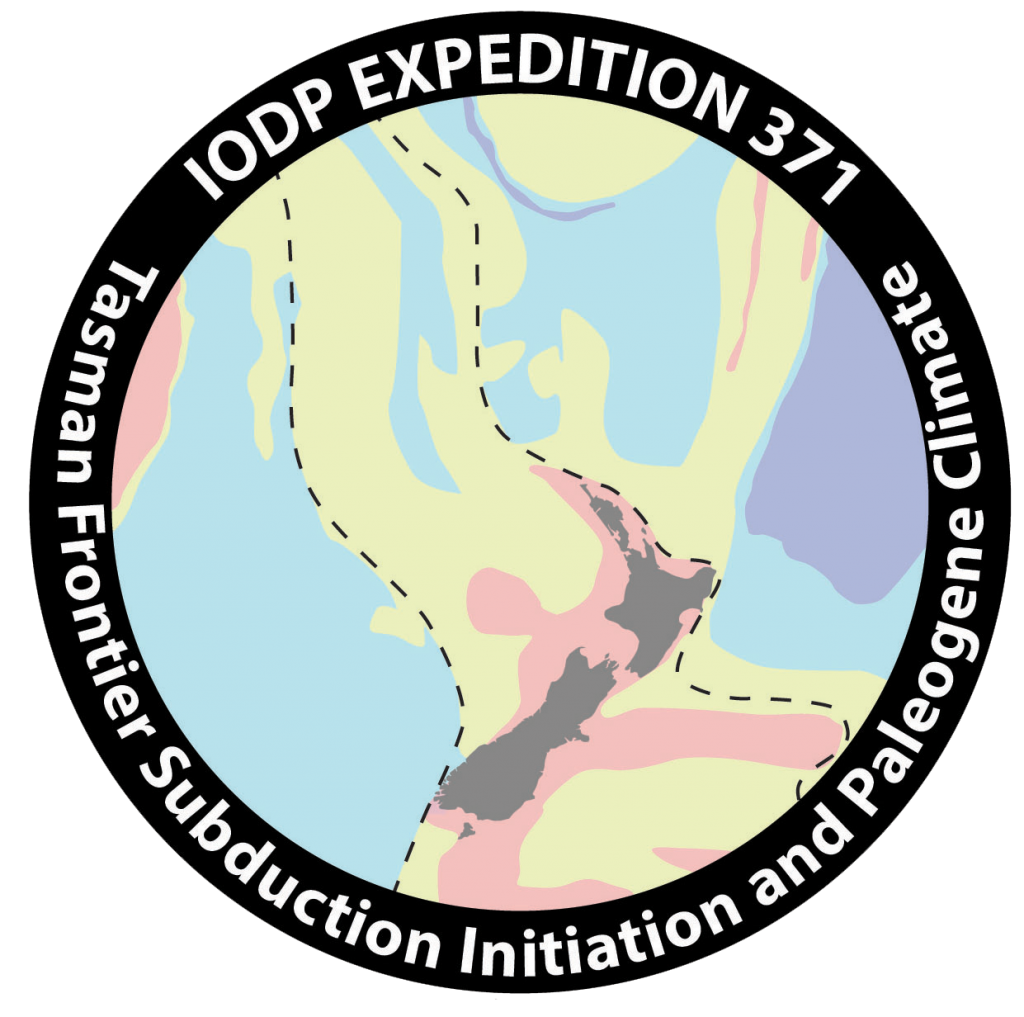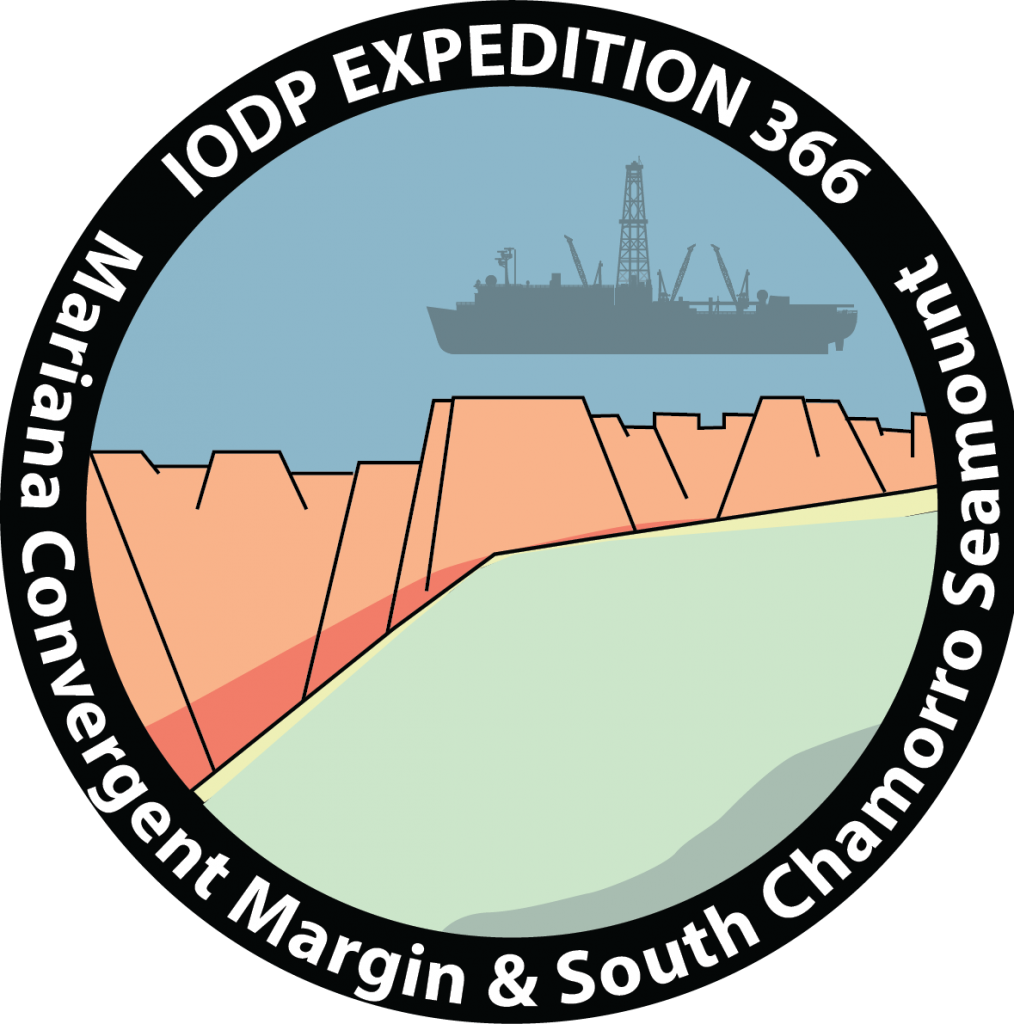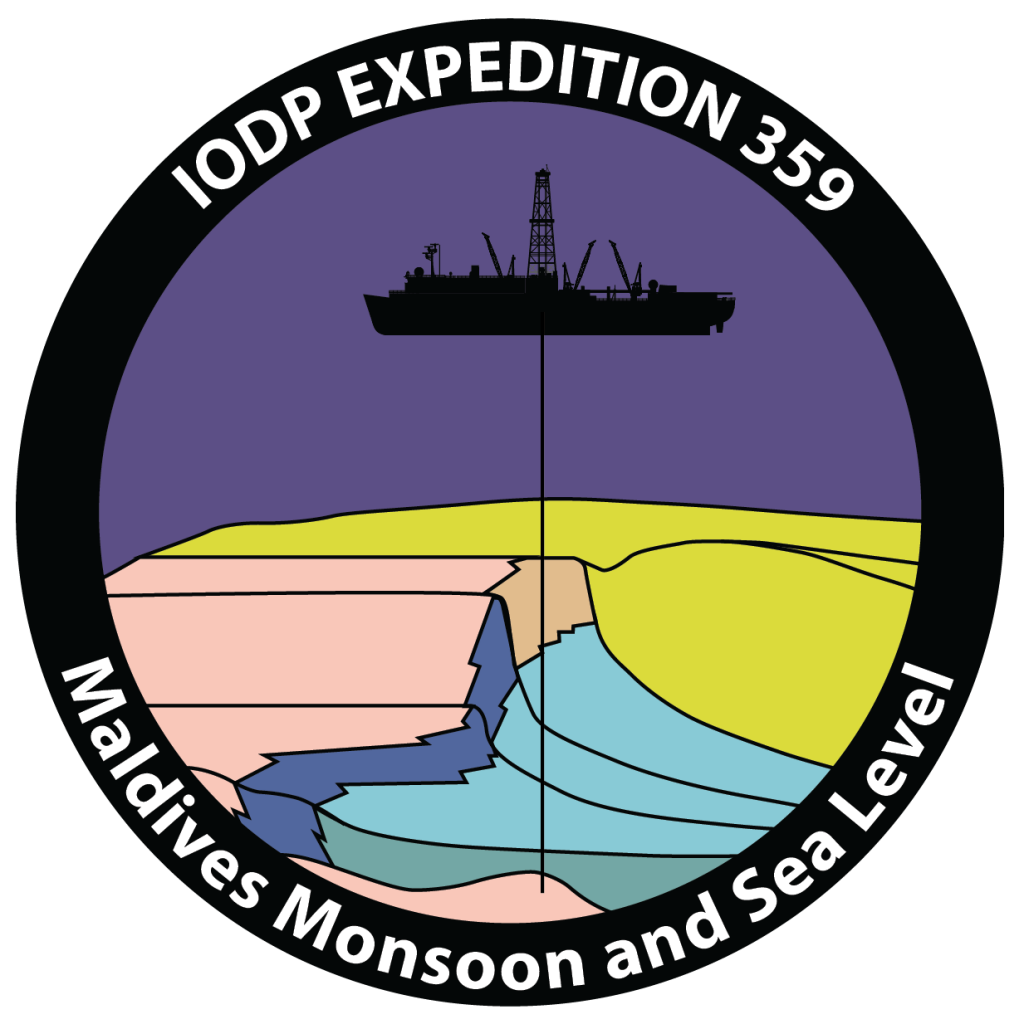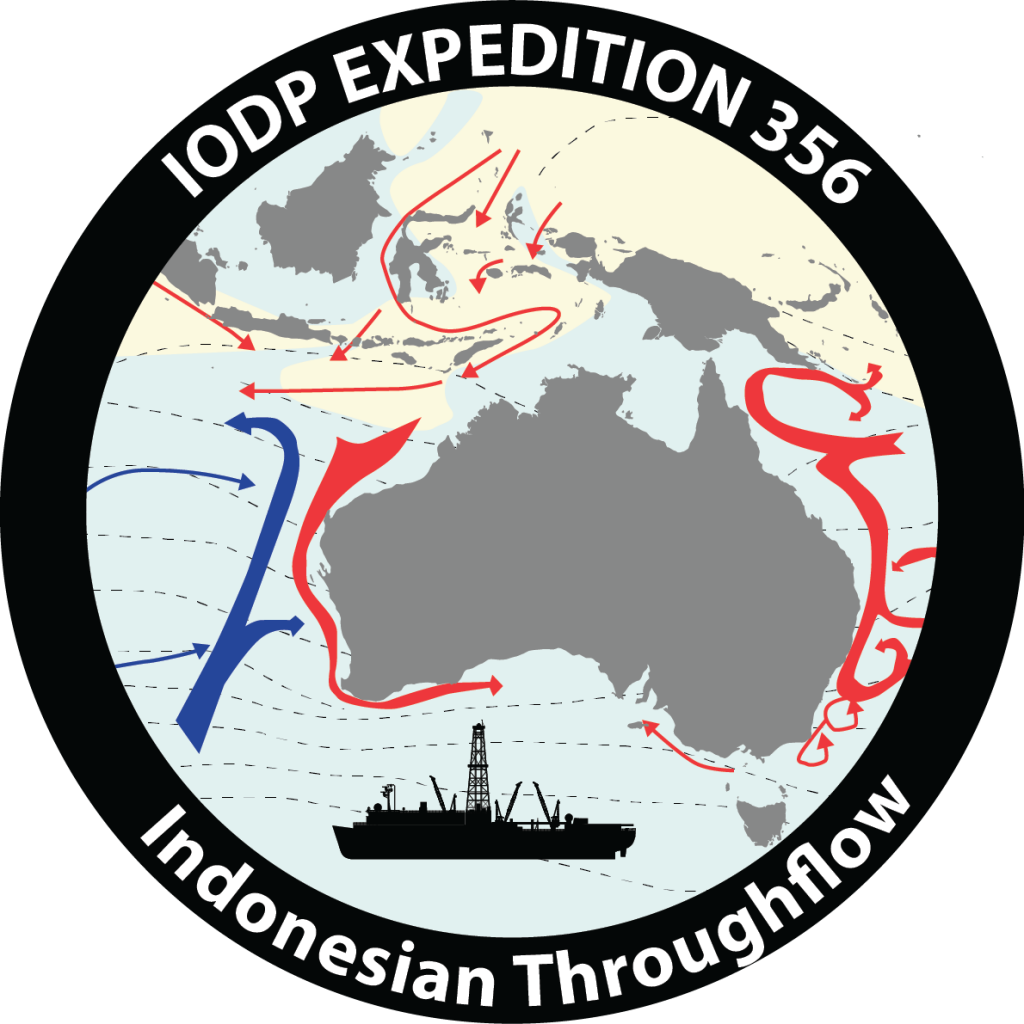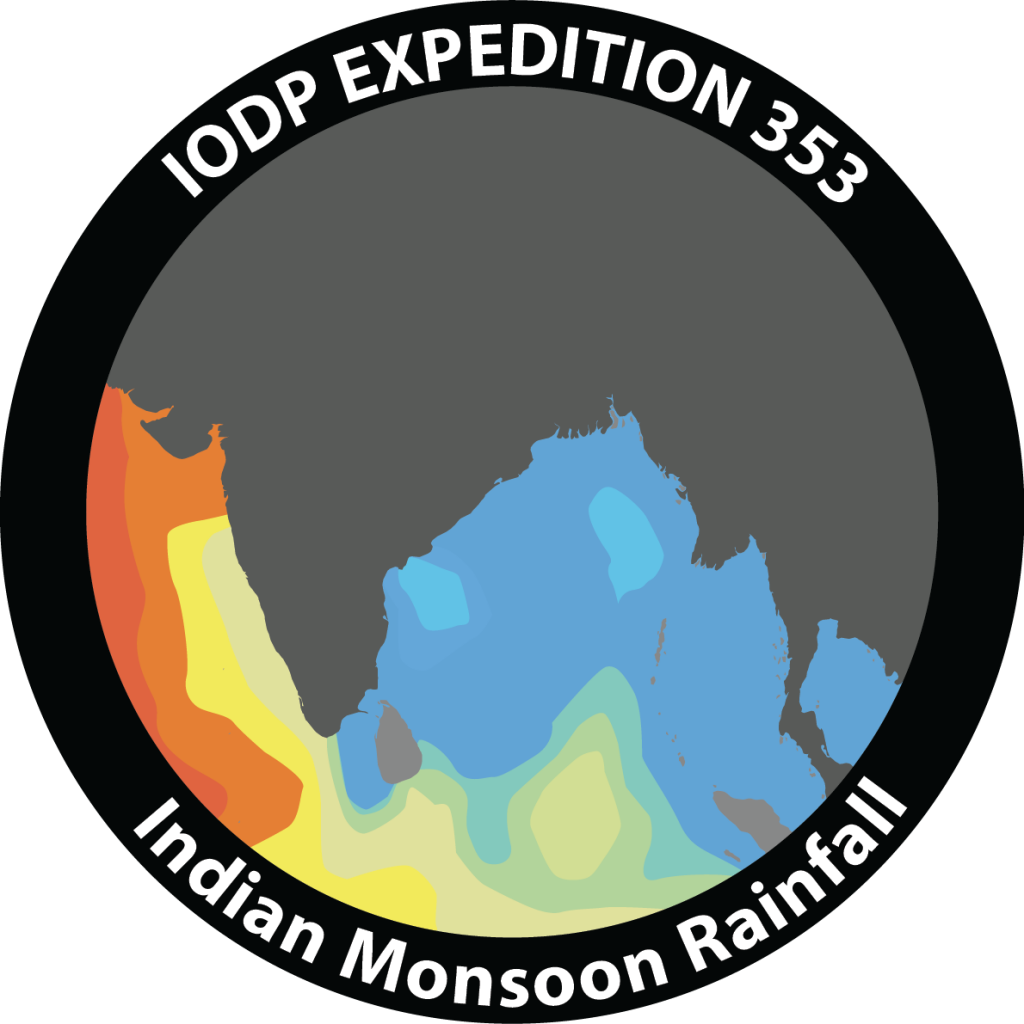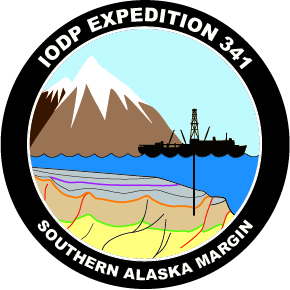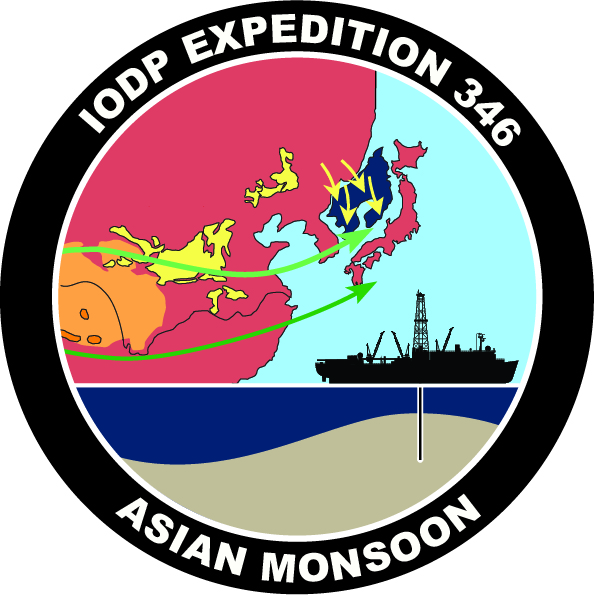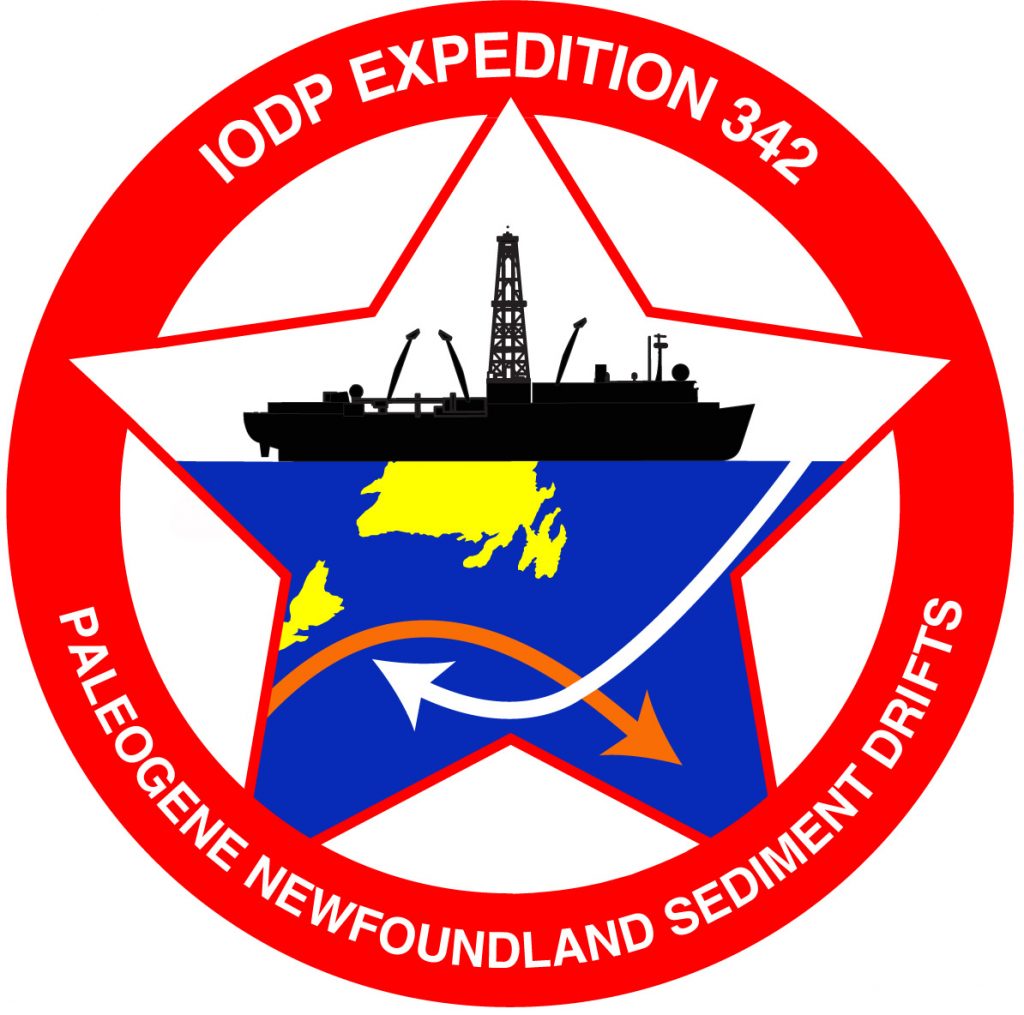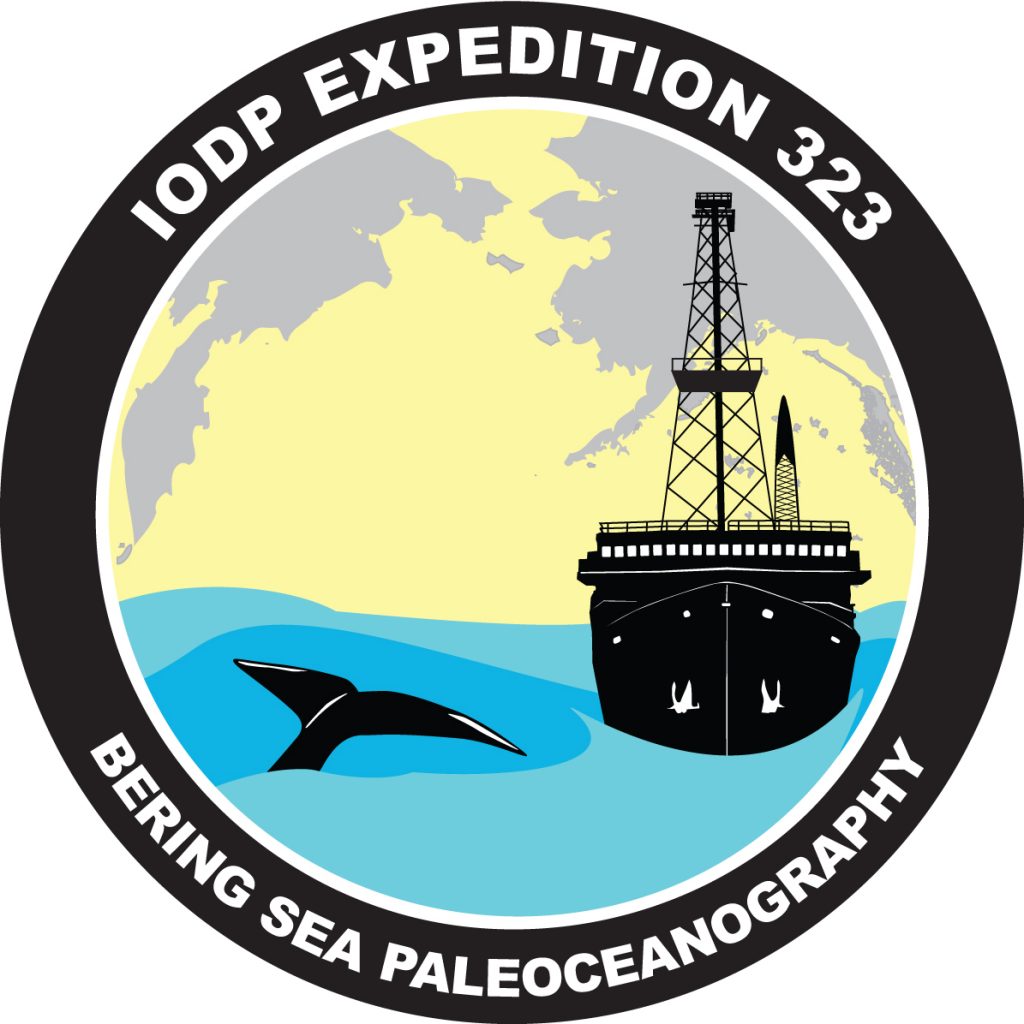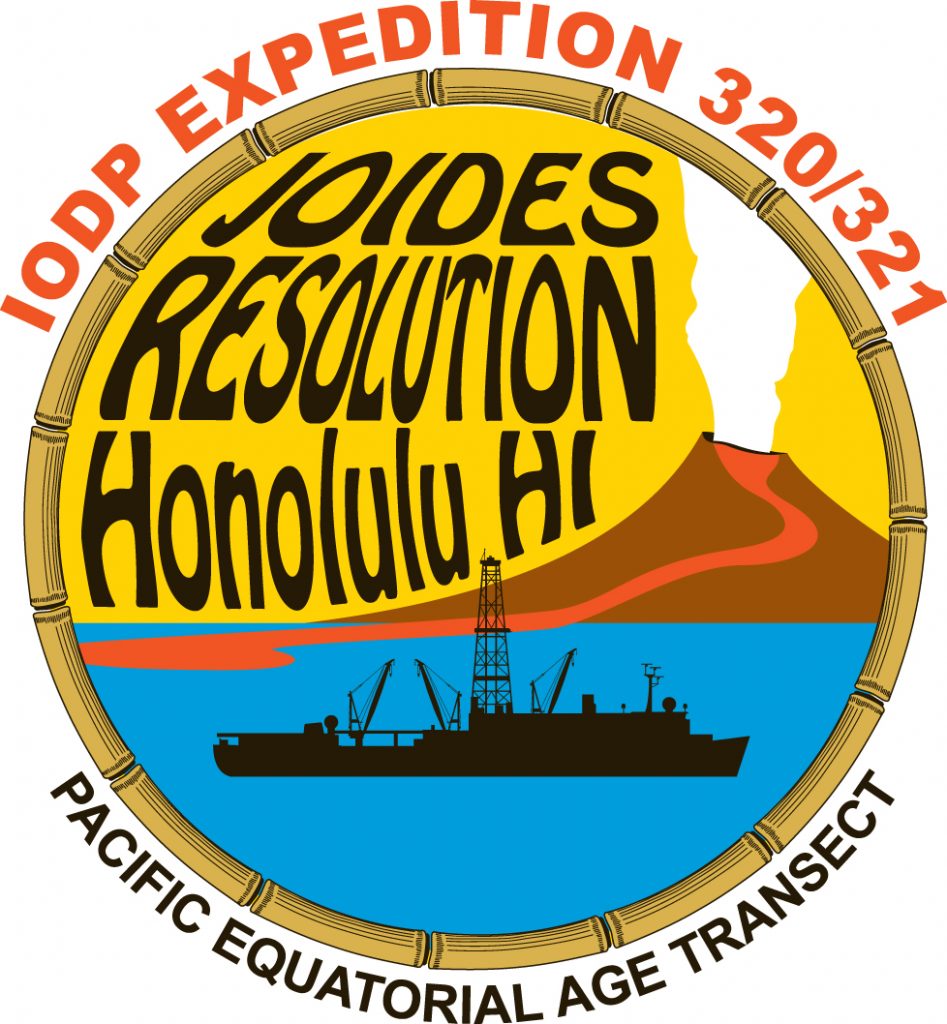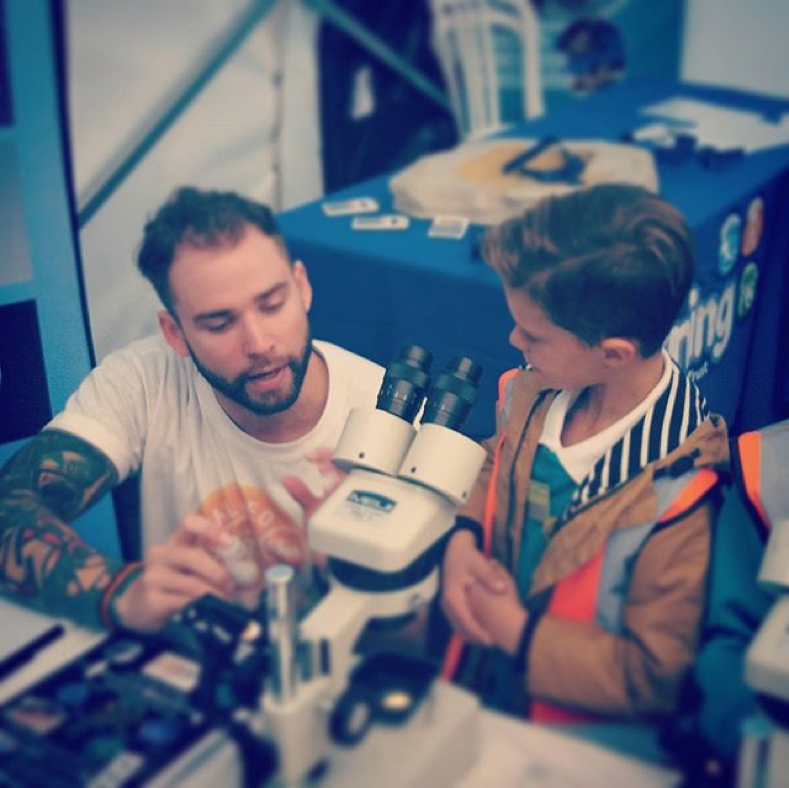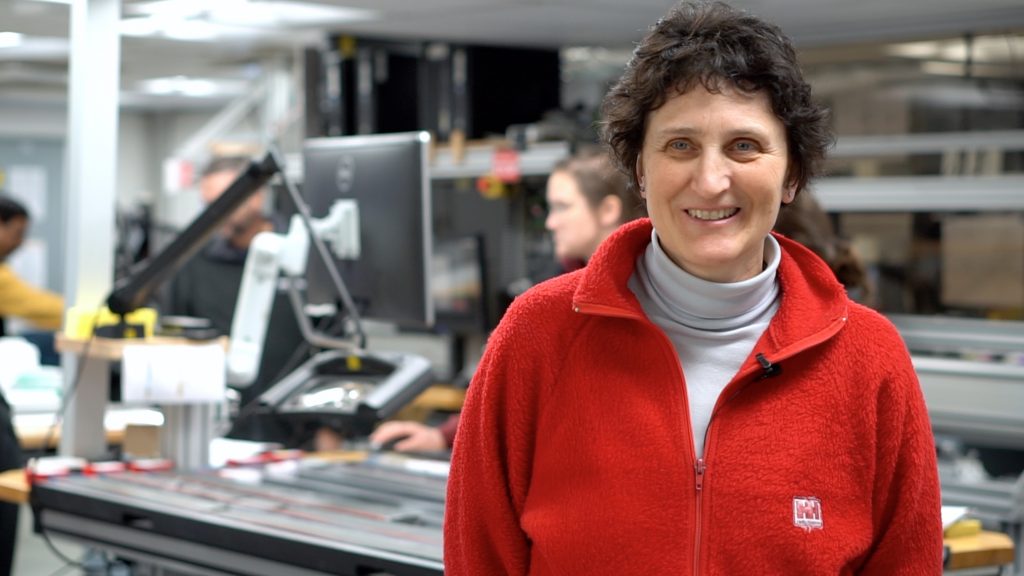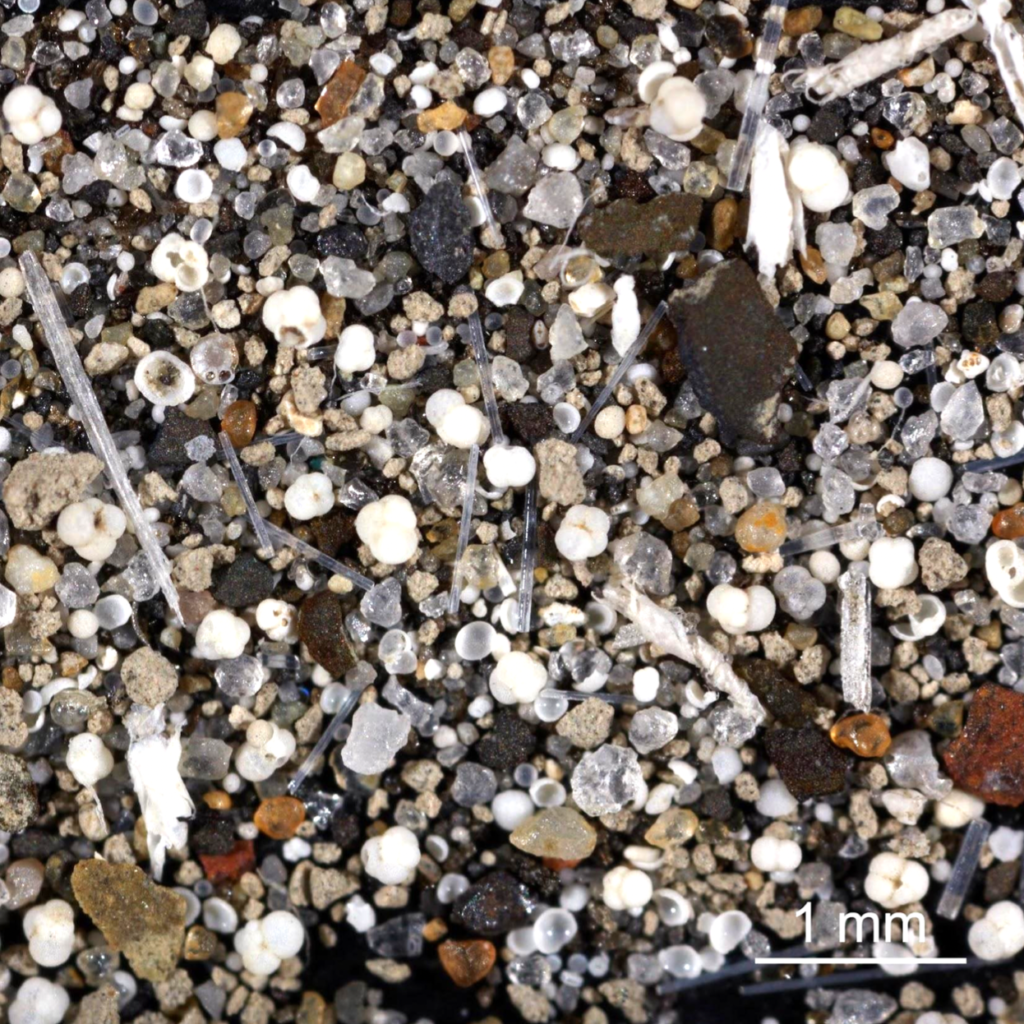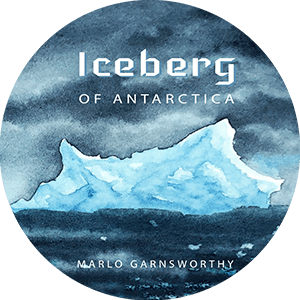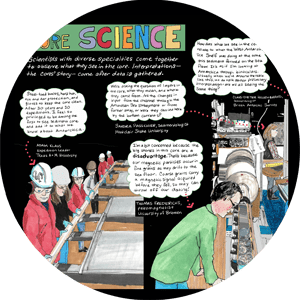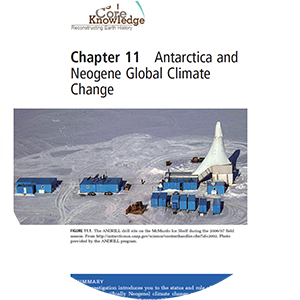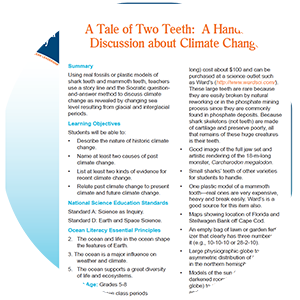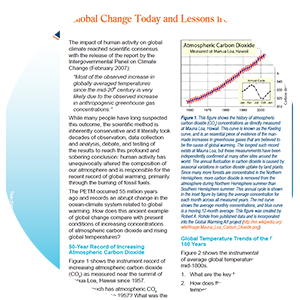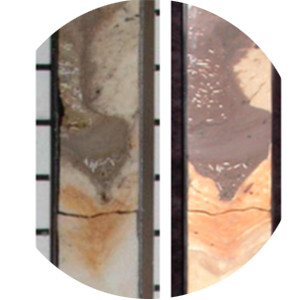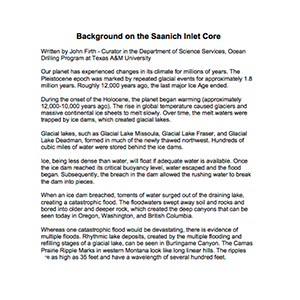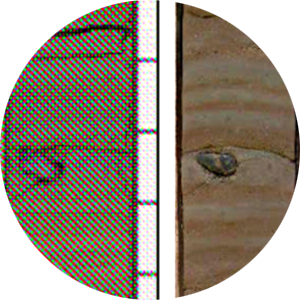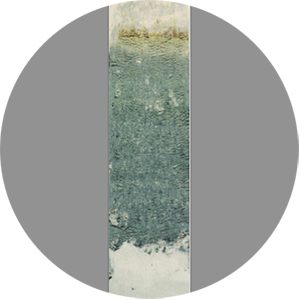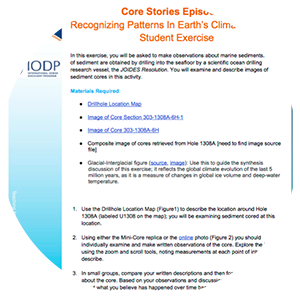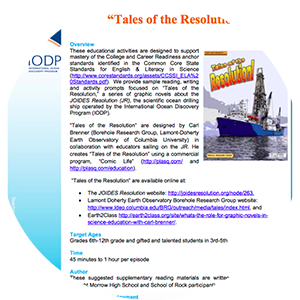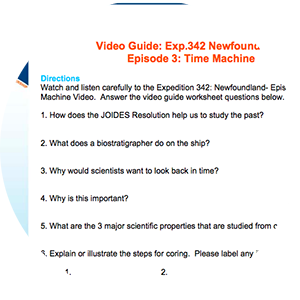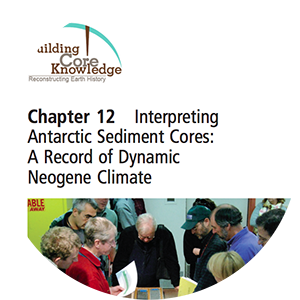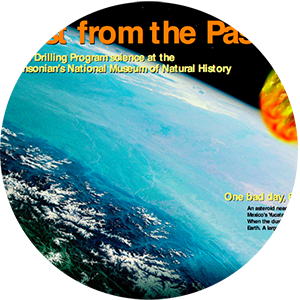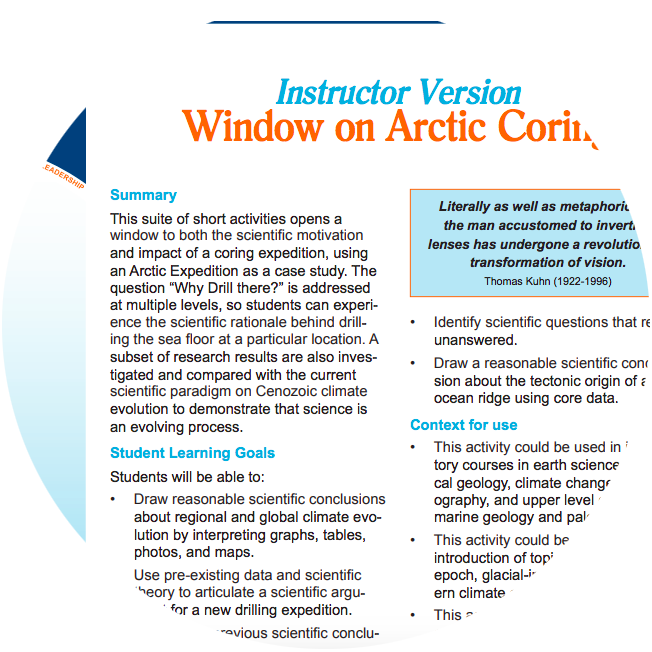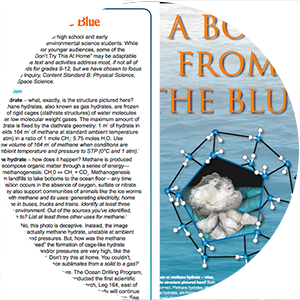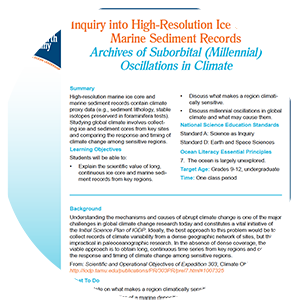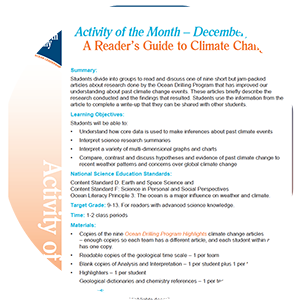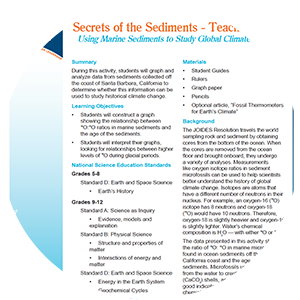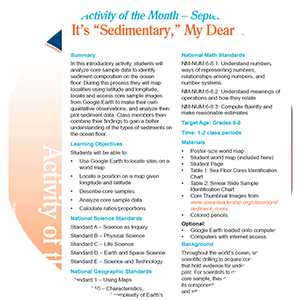Search through the collection of expeditions, blogs, and resources specific to the topic of climate change.
Climate Change Expeditions
Climate Change News
The JR’s indispensable underwater camera – video
The JR’s Underwater Camera – an essential part of the drilling/science operation Without an underwater camera, a driller’s job would…
GUEST BLOG: Adam Woodhouse – Micro Paleontologist
My primary field of research is the mechanistic drivers of evolution and extinction within single-celled marine organisms from the Cenozoic era (the last…
How do we know that the world was once covered by a thick ice cap?
Our co-chief scientist Laura had a go at the simple science challenge — she didn’t manage to keep within the…
Classroom Activities About Climate Change
- All Grade Levels
- 5-8
- 9-12
- Informal
- K-4
- Undergrad
Climate Diaries of the Deep: Research on Ancient Environments
This lesson focuses on the use of data to study how Earth’s climate has changed over time. Students use foraminifera…
Climate Data from Arctic Coring
These short activities reveal that data on past climates can be obtained from ice and sediment cores. A subset of…
Analyzing Earth’s History Using Sediment Cores
Students will practice the skill of interpreting scientific data by describing and finding patterns in ocean sediment core samples that…
Iceberg of Antarctica Book
Inspired by Expedition 382, Iceberg Alley, Iceberg of Antarctica follows an iceberg’s formation and journey from snowfall, to ice stream…
Antarctic Log Comic – Expedition 379: Amundsen Sea
A team of 116 ship crew, scientists, technicians, and communicators took to the Amundsen Sea, Antarctica’s fastest-warming sea aboard the…
Antarctica and Neogene Global Climate Change
In this chapter you will build basic geographic and geologic knowledge of Antarctica and use geologic reasoning. In Part 11.1, you will…
A Tale of Two Teeth
This lesson is a storytelling activity—a story that has characters (including a villain), a series of mysteries (starting with unexplained…
The Paleocene-Eocene Thermal Maximum (PETM) in Review
Since 1968, scientific ocean drilling has tapped into a considerable archive of Earth history, and in doing so has revealed…
Tahitian Sea Level Change Core (IODP 310)
The two 30cm replicas of 310-20A-22R-2 display coral sandstone and massive coral (Porites) in growth position with interbedded microbiolites (organosedimentary…
Saanich Inlet Core Model (ODP 178)
The sediment cored at Saanich Inlet off Vancouver Island, British Columbia contains evidence of catastrophic flooding events – called Jokulhlaups…
Palmer Deep Core Model (ODP 178)
This model shows seasonal layers (laminae) composed of different diatoms species that were deposited during the late Holocene and provides…
Glacial / Interglacial Core Model (IODP 303)
Expedition 303 drilled cores from the North Atlantic that helped build a timeline of climate change over the last several…
Cretaceous Impact Kit (ODP 171B)
General Introduction Cretaceous Impact Kit: Introduce the JOIDES Resolution research vessel and scientific ocean drilling Demonstrate how cores and sediment…
Recognizing Patterns In Earth’s Climate History Lesson Plan
The Glacial Interglacial Core Model contains evidence of a shift from an interglacial to a glacial period approximately 0.9 million years ago. This core can be loaned out for your educational needs.
Tales of the Resolution Reading Activities
These educational activities are designed to support mastery of the College and Career Readiness anchor standards identified in the Common Core State Standards…
Interpreting Antarctic Sediment Cores
This set of investigations focuses on the use of sedimentary facies (lithologies interpreted to record particular depositional environments) to interpret paleoenvironmental and paleoclimatic changes in Neogene sediment cores from the Antarctic margin. In Part 12.1, you wil
Episode 4: Arctic Rainforest
This is a product of Borehole Research Group, to see more Click Here!
Blast from the Past
The Blast from the Past poster activities allow students to discover Earth’s history through hands-on activities and simulations. This poster’s vivid images and clear text portray the story of a large asteroid that collided with Earth sixty five million years ago at the present-day site of the Yucatan Peninsula in Mexico. This impact created the Chicxulub crater.
Window on Arctic Coring
The question “Why Drill there?” is addressed at multiple levels, so students can experience the scientific rationale behind drilling the sea floor at a particular location. A subset of research results are also investigated and compared with the current scientific paradigm on Cenozoic climate evolution to demonstrate that science is an evolving process.
Like a Bolt from the Blue
Utilizing a series of clathrate structures, the poster reveals new windows of scientific research currently being performed in the complex study of gas hydrates. By visualizing the face of each clathrate structure through an image, the poster simplifies chemical concepts, enabling students to learn
Inquiry into Ice Core and Marine Sediment Records
Studying global climate involves collecting ice and sediment cores from key sites and comparing the response and timing of climate change among sensitive regions


